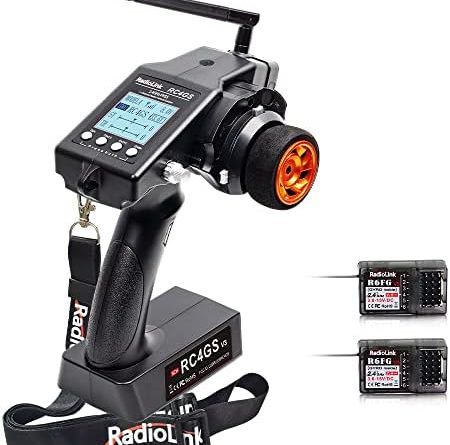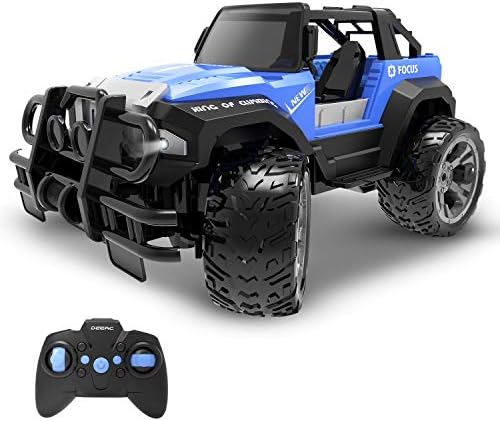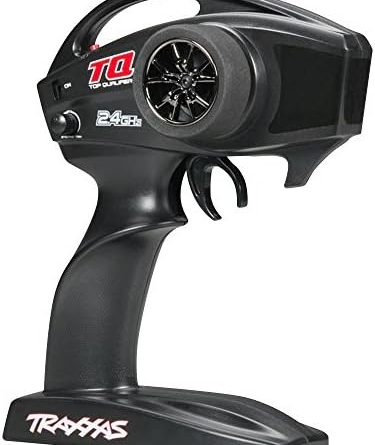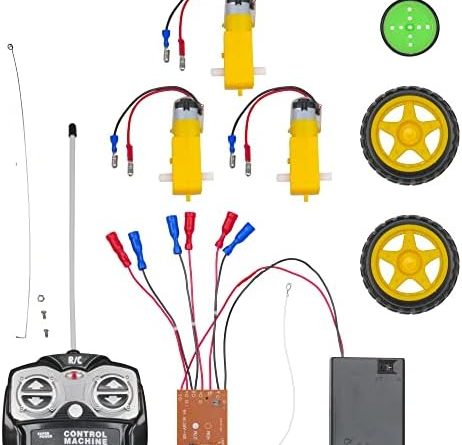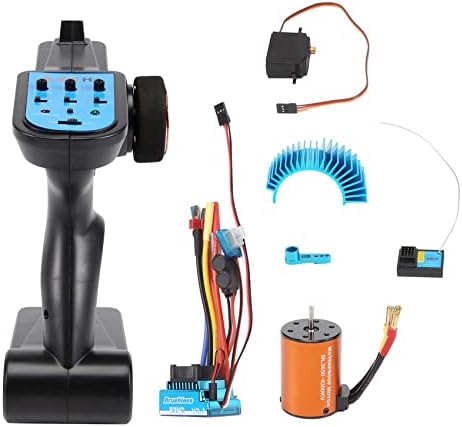







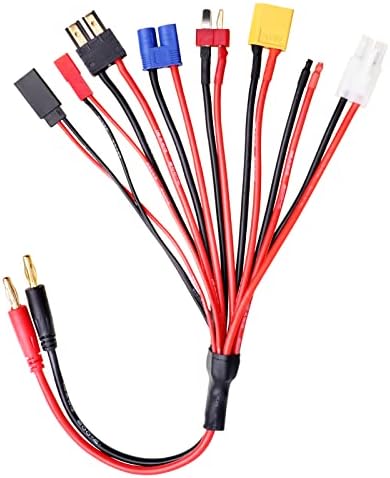



[ad_1]
**
Table of Contents
RC Car Battery Charger Adapter: A Complete Guide for Choosing the Best One
**
As technology continues to advance, the world of remote control (RC) cars has become more exciting and immersive. Whether you’re a hobbyist or a professional, having a reliable battery charger adapter is crucial to ensure uninterrupted fun and performance. In this comprehensive guide, we will walk you through everything you need to know about RC car battery charger adapters, their importance, and how to choose the best one that suits your needs.
**
Why is a Battery Charger Adapter Important for RC Cars?
**
RC cars rely on rechargeable batteries for power, and a reliable battery charger adapter is an essential tool to keep them running optimally. These adapters provide a convenient and efficient way to recharge your RC car’s batteries, ensuring that they are always ready for action. Without a proper charger, you may encounter issues such as reduced battery life, slow charging times, or even battery damage.
**
Factors to Consider When Choosing an RC Car Battery Charger Adapter
**
1. **Charging Compatibility:** Before purchasing a charger adapter, it’s crucial to ensure that it is compatible with the type of batteries used in your RC car. Some chargers are designed specifically for Ni-MH batteries, while others are suitable for Li-Po or Li-Ion batteries. Check the specifications provided by the manufacturer to ensure a proper match.
2. **Charging Capacity:** Each charger has a maximum charging capacity. It’s important to choose one that can handle the voltage and amperage required by your RC car’s batteries. Opting for a charger with a higher capacity than needed can be advantageous as it allows for future expansion or compatibility with other RC cars.
3. **Charging Speed:** Consider the charging time required by the charger to recharge a depleted battery fully. Some chargers offer fast charging capabilities, which can significantly reduce downtime between RC car sessions. However, it’s important to note that fast charging may cause increased heat generation, which can affect battery longevity.
4. **Safety Features:** Look for chargers with built-in safety features such as overcharge protection, short circuit protection, and temperature monitoring. These features play a vital role in safeguarding both the charger and the batteries from potential damage due to charging-related issues.
5. **User-Friendly Interface:** Choose a charger adapter with an intuitive and user-friendly interface. A clear display, easy-to-access buttons, and comprehensive instructions can make the charging process hassle-free, especially for beginners.
**
Tips for Optimizing the Charging Process
**
To ensure optimal charging performance and extend the lifespan of your RC car’s batteries, keep the following tips in mind:
1. Always follow the manufacturer’s recommendations regarding charging time, voltage, and amperage.
2. Avoid charging the batteries immediately after a race or when they are still warm. Allow them to cool down before beginning the charging process.
3. Regularly inspect the batteries for any signs of damage, such as swelling or leaking. Damaged batteries should not be charged and should be properly disposed of.
4. Store your RC car’s batteries in a cool and dry place, away from direct sunlight or extreme temperatures. Exposing the batteries to high temperatures can lead to irreversible damage.
5. Invest in a battery checker or analyzer to monitor the health and performance of your RC car’s batteries. Regularly checking their voltage and capacity can help identify potential issues before they occur.
**
Frequently Asked Questions (FAQs)
**
1. **Q:** Can I use any charger adapter for my RC car?
**A:** No, it is essential to use a charger adapter that is specifically designed for the type of batteries used in your RC car.
2. **Q:** How long does it take to fully charge an RC car battery?
**A:** Charging times can vary depending on the charger’s capacity and the battery’s voltage and capacity. It is recommended to follow the manufacturer’s guidelines.
3. **Q:** How often should I charge my RC car’s batteries?
**A:** It is best to charge your RC car’s batteries after each use or when they reach a low charge state to ensure optimal performance.
4. **Q:** Can I leave the batteries on the charger overnight?
**A:** It is generally recommended to avoid leaving batteries unattended while charging, especially overnight, due to potential safety risks.
5. **Q:** What should I do if I notice any bulging or leaking in my RC car’s batteries?
**A:** Immediately stop using the batteries and dispose of them properly as per the manufacturer’s instructions. Bulging or leaking batteries are a sign of damage and can be dangerous if used or charged.
In conclusion, choosing the right RC car battery charger adapter is crucial for maintaining the performance and longevity of your RC car’s batteries. Consider factors such as compatibility, charging capacity, speed, safety features, and user-friendliness when making a purchase. By following the provided tips and guidelines, you can optimize the charging process and ensure countless hours of exhilarating RC car adventures. Stay powered up and enjoy the thrill of the race!
**Note to User:** The below embedded YouTube video provides a comprehensive visual guide on choosing the best RC car battery charger adapter.
[embed: RC Car Battery Charger Adapter Buying Guide Video]**Disclaimer:** The content presented above is for informational purposes only. Any actions taken based on this article are solely at the reader’s discretion. We are not responsible for any damages, accidents, or injuries resulting from the use of the information provided. Always refer to the manufacturer’s guidelines and instructions for optimal and safe charging practices.
Price: [price_with_discount]
(as of [price_update_date] – Details)


